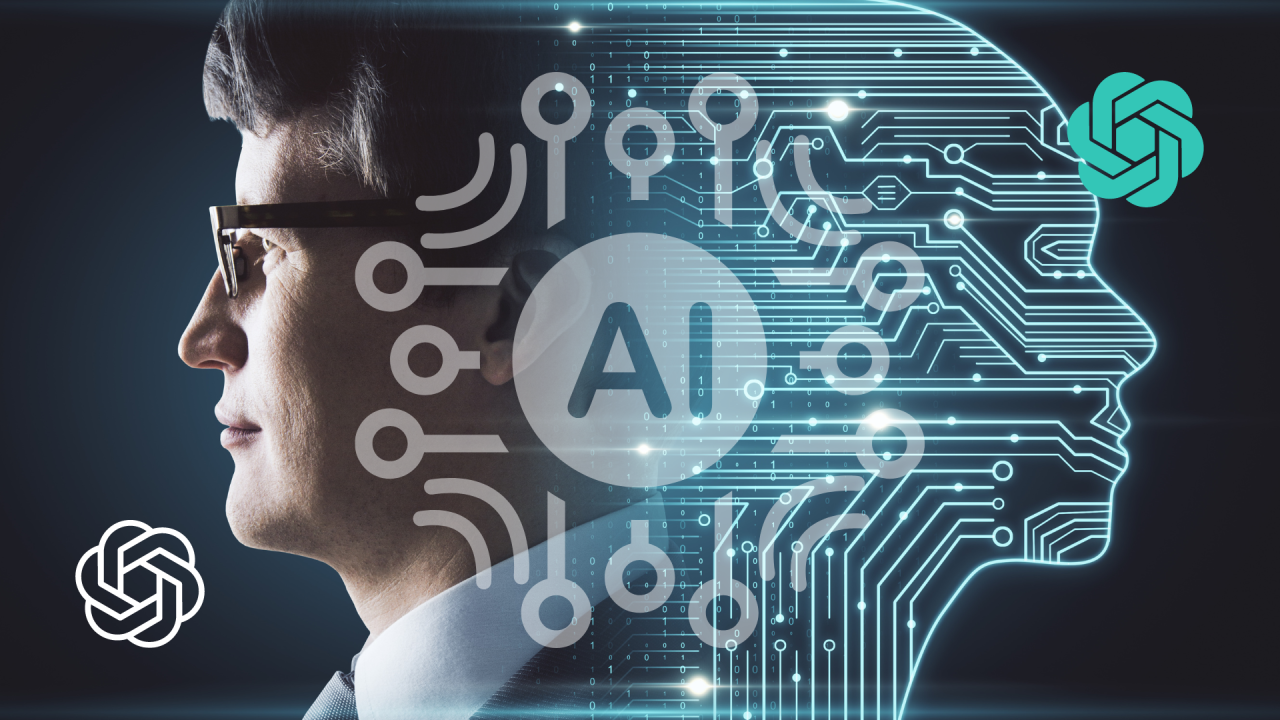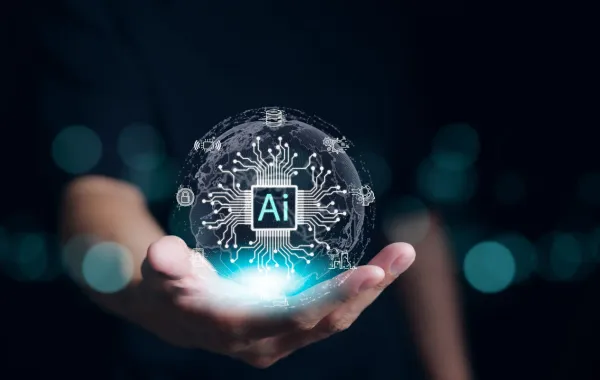How Machine Learning is Revolutionizing Recruitment

Recruitment isn’t what it used to be. Gone are the days when hiring managers manually sifted through stacks of resumes and made decisions based on gut feeling. Today, machine learning (ML) is reshaping how companies find, assess, and hire talent making the process faster, smarter, and more efficient.
Let’s break down how machine learning is changing the hiring game.
1. Resume Screening at Scale
One of the biggest bottlenecks in hiring is resume review. Recruiters can only look at so many resumes a day, and sometimes great candidates get overlooked.
Machine learning fixes this.
ML algorithms can analyze thousands of resumes in minutes. They learn patterns in successful candidates and score incoming resumes based on skills, experience, and even writing style.
Why it matters:
It ensures qualified candidates aren’t missed, even if their resumes don’t follow traditional formats.
2. Predicting the Right Fit

Machine learning doesn’t just look at hard skills. It also analyzes soft skills, behavior patterns, and job performance data to predict who’s likely to succeed in a role.
For example, an ML system can learn that candidates with certain traits or experiences tend to stay longer in customer support roles or perform better in fast-paced startups.
For recruiters: It means better hiring decisions.
For candidates: It helps you land jobs you’re genuinely suited for.
3. Automated Candidate Matching
Instead of recruiters manually matching applicants to open roles, machine learning tools can automatically connect candidates with the best-fit jobs based on their background, interests, and even their job search behavior.
Ezyapply, for instance, uses intelligent job-matching tools that recommend roles that fit your skills, cutting down your search time.
4. Reducing Hiring Bias

Bias in hiring whether conscious or unconscious has been a long-standing issue. Machine learning can help level the playing field by focusing on skills and qualifications rather than age, gender, or background.
But it's not perfect. If trained on biased historical data, ML can still make unfair decisions. That’s why ethical data use and model training are critical.
5. Smarter Interviewing
ML tools now help with structured digital interviews. They can analyze voice tone, facial expressions, and language patterns to assess confidence, honesty, and communication skills.
While not a replacement for human judgment, these tools give recruiters another layer of insight especially useful for high-volume hiring.
6. Improving Candidate Experience
Machine learning isn’t just helping companies, it’s making life easier for job seekers too.
ML-powered chatbots answer candidate questions 24/7. Personalized job recommendations save time. Feedback tools let applicants know where they stand, instead of being left in the dark.
Finally
Machine learning is not replacing recruiters, it’s empowering them.
It automates the repetitive tasks, highlights top talent faster, and supports better decision-making.
For job seekers, this means fairer, faster, and more personalized recruitment experiences.





